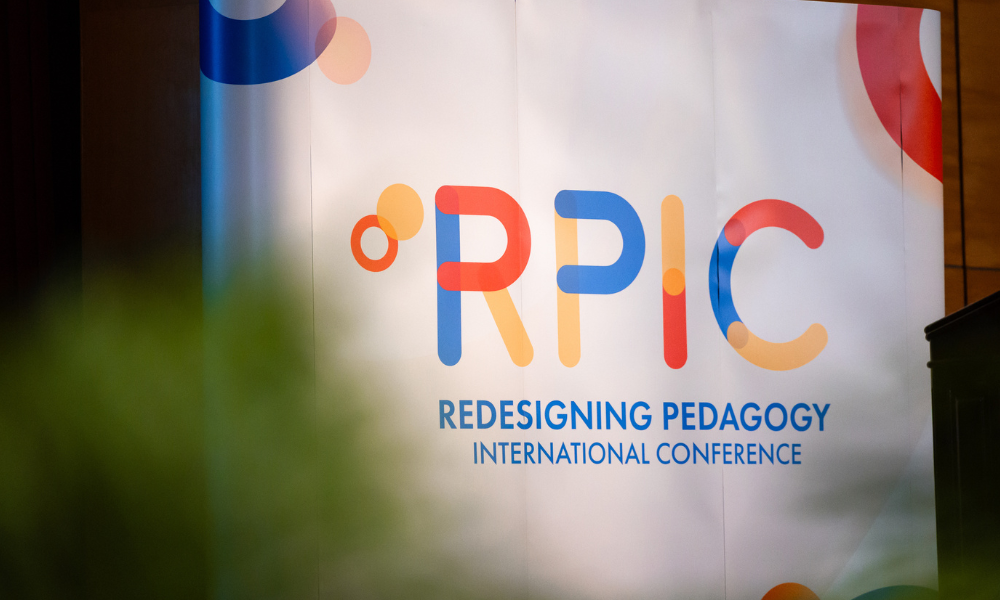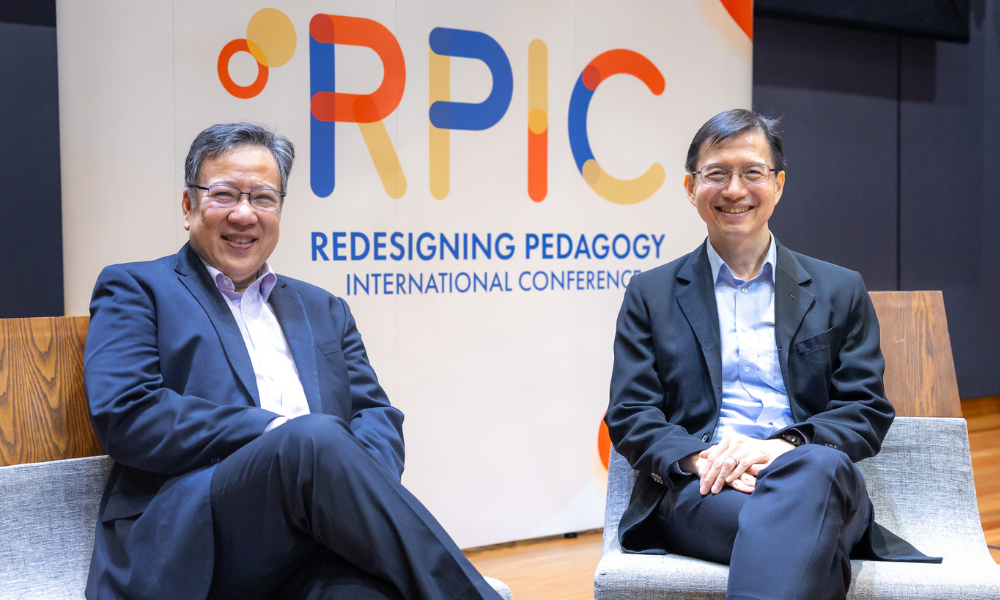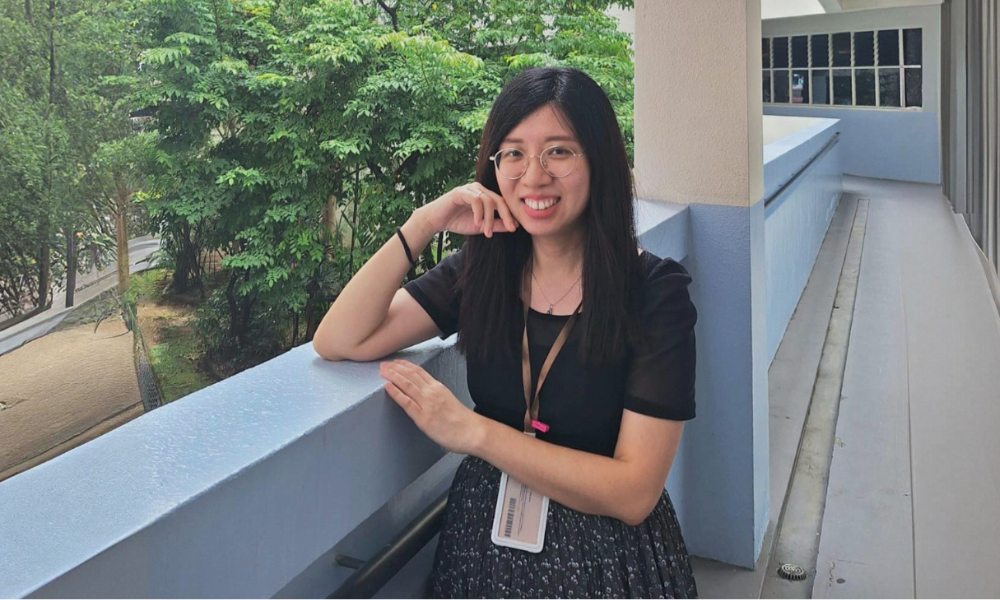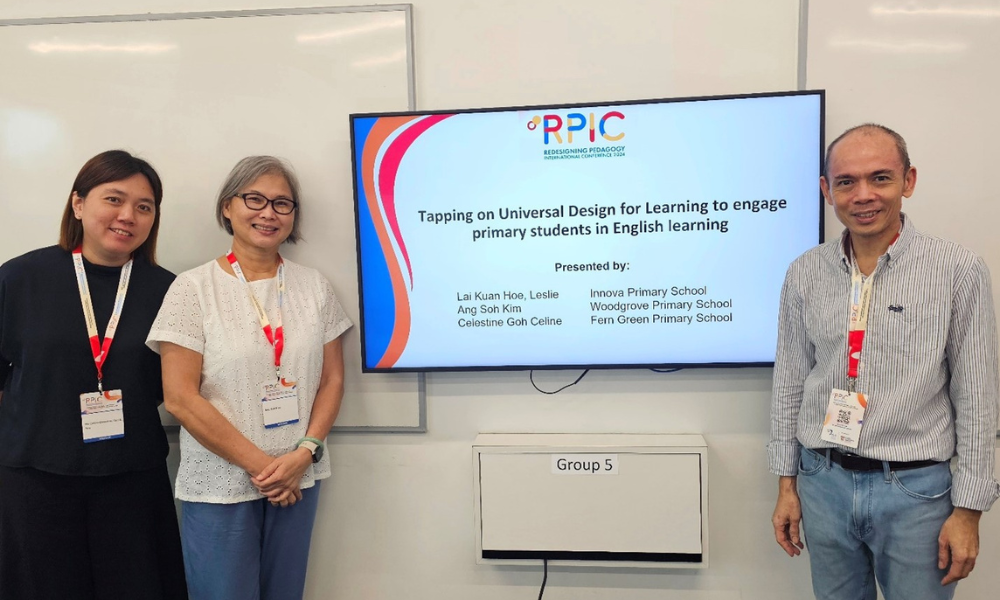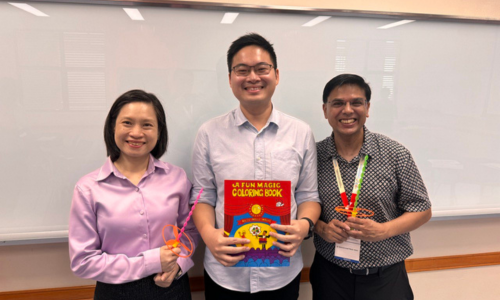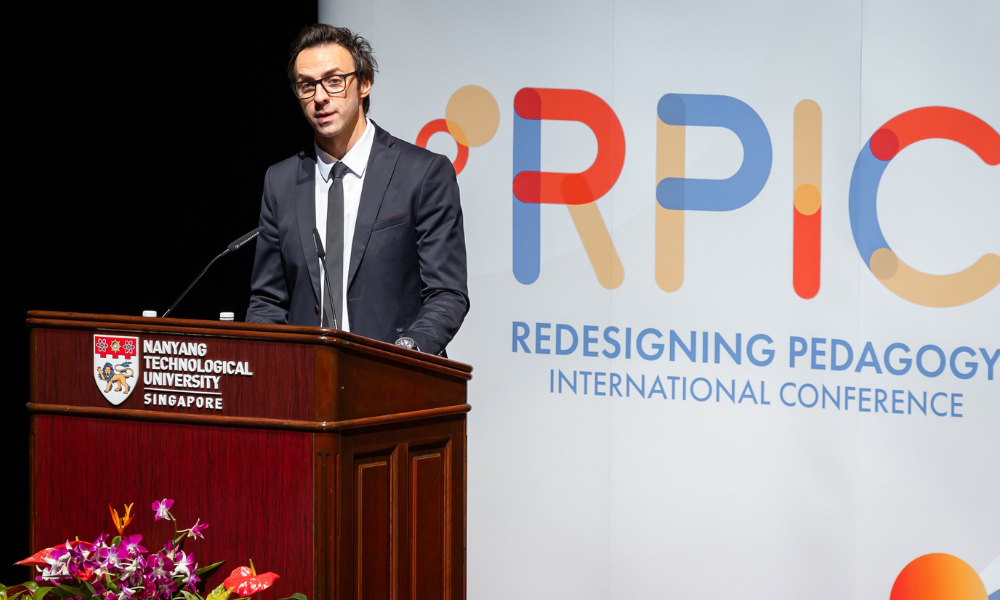A Teacher at Heart
You can take a teacher out of the classroom, but you cannot take the classroom out of a teacher. This is true of Associate Professor Sylvia Chong – academic, researcher, and teacher.
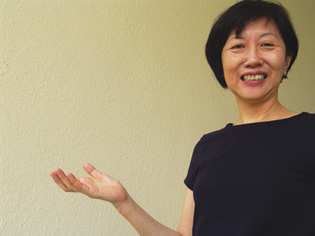 Research and practice can and must go together, says Sylvia. At its most basic, it is about reflective teachers, improving their teaching practice based on an understanding of the data and facts. It is that simple.
Research and practice can and must go together, says Sylvia. At its most basic, it is about reflective teachers, improving their teaching practice based on an understanding of the data and facts. It is that simple.
Gathering evidence-based feedback and evaluating such data are very much part of her current and previous portfolios.
As Deputy Head of Academic Quality Management, Sylvia plays a key role in ensuring NIE’s academic quality. She had also been closely involved in the development of teacher education programmes at NIE.
“I am first a teacher,” she says, “a reflective teacher who uses the data gathered from systematic reflections for decision making and to improve practices. That is the basis of what I do.”
Q: Tell us more about your background in education.
A: I was a music teacher. I was initially prepared as a primary school teacher but was posted to teach in secondary school after I completed my Master’s. I taught Music, Literature and English.
After completing my doctoral degree, I joined the Music unit at NIE. In 2003, I became the PGDE Sub-Dean and subsequently the Associate Dean at Foundation Programmes Office. In July 2009, I became Deputy Head of the Office of Academic Quality Management.
Q: What is your view of research?
– Sylvia Chong, Office of Academic Quality Management
A: A key role of research is to improve practices, towards innovative and effective teaching and learning.
In many ways, in our day-to-day practices, we are all doing some form of research. Every teacher does it! When I enter a class, I look at my students, I systematically gather data about my teaching and my students’ learning.
Research occurs when teachers consciously take on the role of reflective practitioner, subject their own beliefs about teaching and learning to critical analysis, take full responsibility for their actions, and continue to improve their teaching practice.
Q: Why is this “research” so important?
A: Many a time, we make decisions based on anecdotal evidence or feedback. This is where the concept of “evidence-based” comes in, the use of evidence-based practices in planning and development.
When I was with the Programmes Office, a key question I constantly asked myself was: What is the basis of the programme development or innovation?
For me, it started with “functional” data, like admission and graduation data; looking at the profiles of the student teachers towards programme feedback and evaluation. I wanted to know where and what the evidence was.
I began looking at trend data as I needed the historical research to make decisions. I needed the “analytics” to guide educational decisions regarding teaching and learning approaches, strategies and interventions.
Q: How has your teaching experience affected the way you view research?
A: I am quite big into evidence or data for process improvement – quite different from innovation research. I am referring to research data that supports decisions, that supports process and practice.
What do our students think of our programme and how can our programme improve? Do they find what we teach relevant or are we backdated?
In a world with increasing focus on accountability, evidence-based practice is becoming an integral part of curriculum development. But this doesn’t mean that every teacher will be conducting rigorous research studies. Instead, it means that educators should be carefully planning activities and making data-driven decisions.
Q: How can research improve teaching and learning?
– Sylvia on how research can improve teaching and learning
A: Teaching and learning is improved if teachers have reflective and inquiring minds. For teachers, that self-inquiry and critical thinking can help them move from a level where they may be guided largely by impulse, intuition or routine, to a level where their actions are guided by reflection and critical thinking.
I’d like our teachers to be thinking and reflective teachers. I hope they can look at research data and findings, see the relevance to their schools, and translate it to action research with their own schools. We need them to develop one level further, into critical users of the findings.
The use of reflective practice and action research in teacher professional development is based on the belief that teachers can improve their own teaching by consciously and systematically reflecting on their teaching experiences.
Q: How can teachers acquire these skills?
A: I think teachers need to be able to see value in research. This can be built up with lots of reading. However, teachers are too busy to read. There is no time to smell the roses, and the roses are in all the research literature.
I used to – and still – look at a research article, read it two or three times, and not understand what it means. I am sure many teachers feel the same way.
But through research processes – planning, observing, analysing and reviewing – teachers can learn a great deal about the nature of classroom teaching and learning, and also acquire useful classroom investigation skills.

